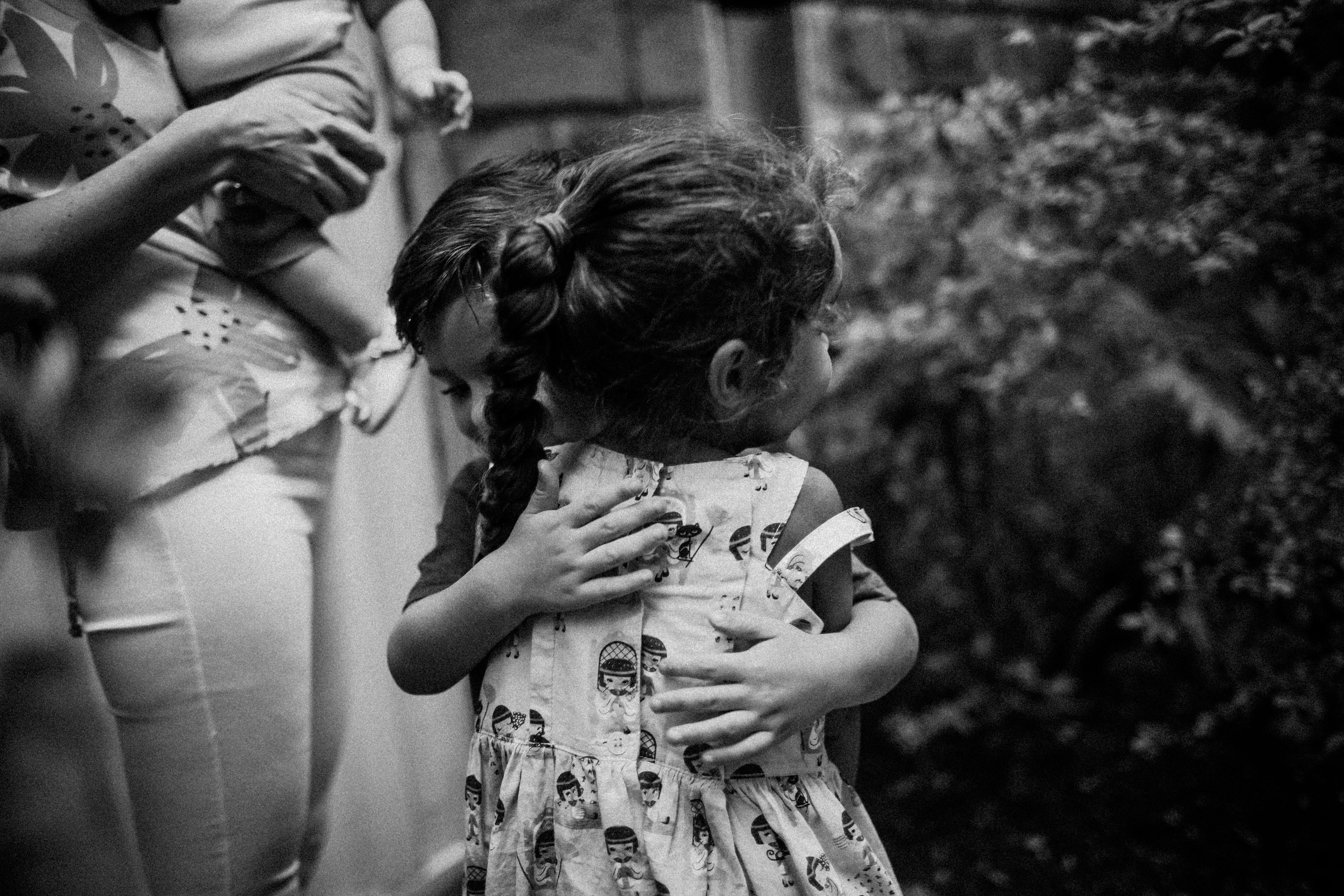The Bus to Veracruz is an educational guide story written by Richard Shelton. This story revolves around the realities of a human life; His birth, his desire to live a life. Author Richard Shelton in his short story The Bus to Veracruz suggests that a person comes into this life unknowingly and has difficulty adjusting to it. He is supported by angels and good people to achieve the goods in life and in the hereafter. Adjusting to life’s inconveniences can be a challenge for most people until they have someone to guide them. Life is full of positive and negative experiences that everyone has to deal with. Disappointments are a part of life, but so are hopes. According to the author, even after many obstacles and facing so many experiences in life, every human being finally reaches his final destination.
A person comes to life without knowing it. He/she doesn’t know what he is like, how to speak his language, and even his people. Richard Shelton makes this point early in the story. “In any case, … prove that I exist” (423). It is so difficult for a person to be in a new place to live. He is like a newborn child in this new place. He is put in a situation where he can face different kinds of difficulties. He/she may find it difficult to communicate with the people around him/her. His life will become difficult and discouraging because he cannot communicate with people. An example from my life experience, the first days I spent after I came to the United States, were the worst days for me in the United States, because I came to a new place where the culture and tradition are totally different from where came. of. I didn’t speak the language that was used, and the climate is the opposite of where I come from. A person has to adapt to life and its difficulties in order to live in this life. Not only does he point out that people can overcome life’s difficulties, but he even encourages readers to state that it is possible for almost everyone to adjust to life’s inconveniences.
When a person is in a new place, at first he has difficulty adjusting to it. As time goes by, you will feel more comfortable with it or start to get used to it. Richard Shelton writes, “The nausea of… through the floors” (423). This basically emphasizes how the narrator dislikes the place he lives in. The narrator is undoubtedly disappointed and dismissive of his surroundings. He adapts to the necessities of life, such as food and drink, but he has to find a way to adapt to the ground (the place where he lives). Since a person is new to this world and knows nothing about it, he is not used to anything. He/she needs time to adjust to this world because there are many things that are considerably foreign to him/her. To adjust to a new place, a person needs a helping hand to guide him along the path he is supposed to be on. The narrator’s hopelessness at the beginning of the story that he has no one to support him along the way reflects this point.
A person is supported by angels and good people to help him adjust to life’s difficulties and get on the right path. This gives hope and optimism in life and leads people to paradise in the afterlife. Richard Shelton uses Rafael and Esteban to represent angels and good people in life who help others find the right path that is full of hope and optimism produced in this life. He describes this road as the road to Veracruz and mentions it as if everyone wants to go this way. Rafael and Esteban are described and portrayed as angels, “They are young… handsome.” Each person helps each other to live life. Some cause happiness while others offer support. People in this world are born to achieve their goals and get support to achieve their goals. They can’t stand on their own, so they need support and help to get on with their lives and be successful. They work hard to fulfill their wishes and reach their destination. They also work in this world to improve their life after death. So they are working to achieve their goals in life, the present and the hereafter. As well as explaining how people need the support of others to successfully live this life. He also expresses how every human being is dependent on one another.
There are also some disappointments in this life, but there are also more hopes and optimism, which make a person produce more and be more efficient in reaching their goals. Richard Shelton tends to point out the positive aspects of life in different places in the text and limits its negative aspects. He uses the woman, who works at the post office, and the other woman, who sends letters to the narrator, to describe the positive aspects of life. The first woman is described as always smiling, very delighted, with great enthusiasm and a friendly appearance. However, she is also described as an old woman “whose bright red lipstick teeth…”. The other woman was a source of happiness for the narrator. “Even life is… at once” (424). Basically, he points out that the positive and negative aspects of life balance each other out. Even though these supposed ‘love’ letters this woman wrote were not addressed to the narrator, he rationalizes reading her by imagining that the man to whom the letters were written is probably dead. Although the woman is middle-aged, the narrator finds immense pleasure in reading her letters, almost as if she were his mistress. As he reads her letters, he even visualizes her appearance and presents a representation of her appearance. “She’s blonde… far from old.” He even dreams of her. There is no doubt that he gets a feeling of joy and satisfaction every time he reads a letter from her. Thus these two women reflect the only positive in the narrator’s life.
This story revolves around the realities of a human life; His birth and his will to live a life. A person comes into this world unknowingly and it takes time for him to adapt here. He needs someone to help him.
Little by little, you work to achieve your goal and angels and good people are there to support you. He finally reaches his destination. Life is just a journey. By destiny, the author probably means the end of life, the destination every human being eventually has to reach. Whatever experiences a person goes through in the course of this life, whether positive or negative, are meant to prepare him for that destiny. In fact, these experiences not only prepare them for the end of their life, but also for the life to come.




